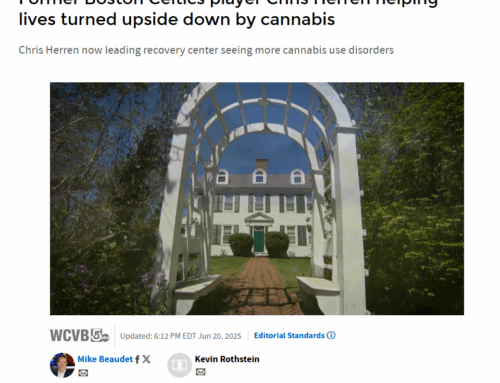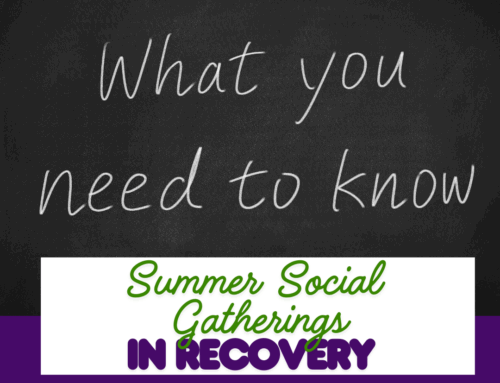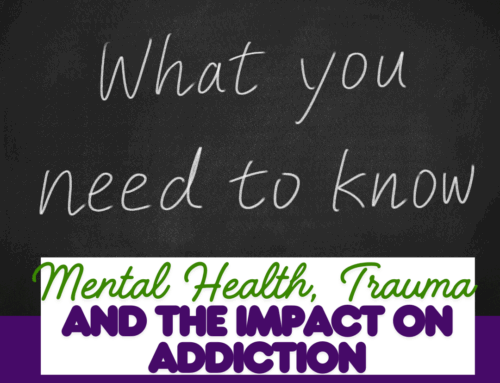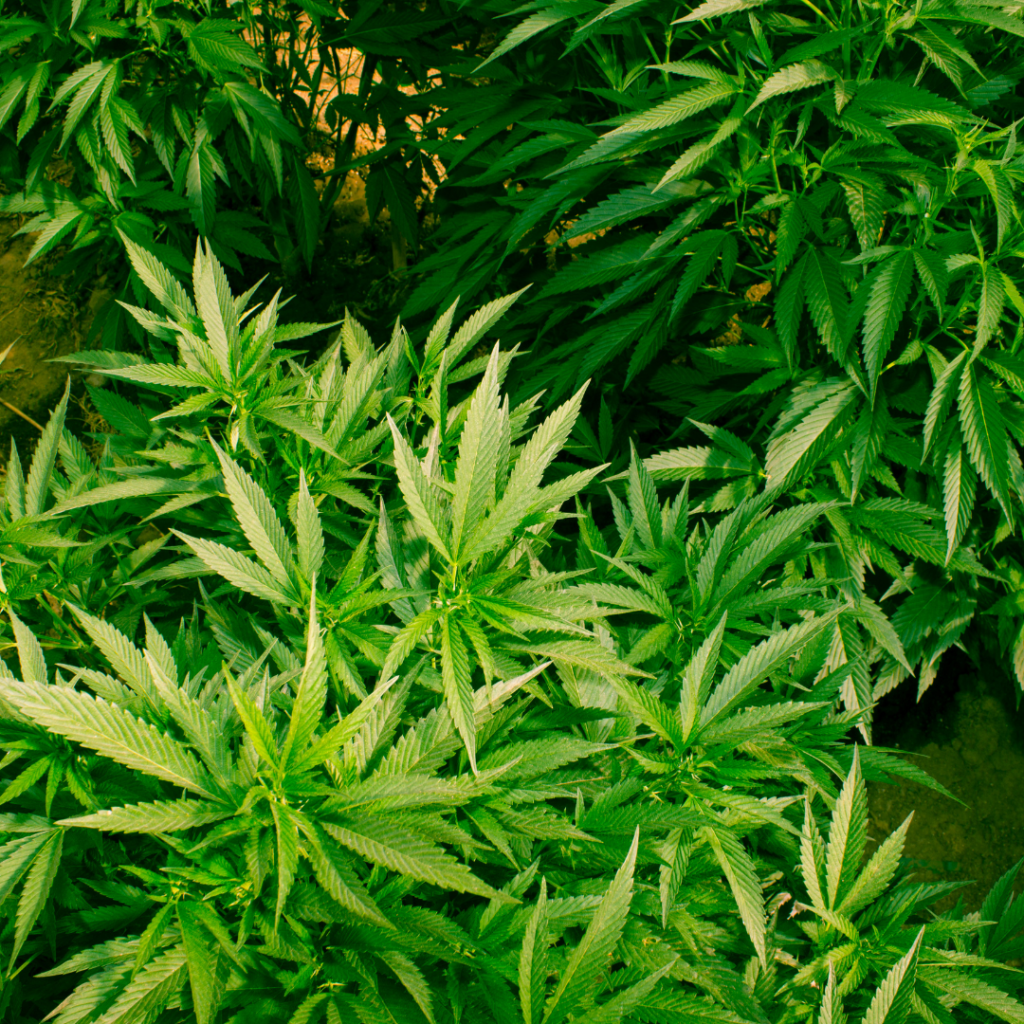
The legalization of marijuana has been a hotly debated topic for decades, and in recent years many states have moved towards decriminalization or outright legalization of cannabis for both medicinal and recreational use.
There is a widespread misconception that because marijuana is a plant, it does not carry the health risks associated with other drugs. However, a recent study published in the Journal of Psychological Medicine, review article in the New England Journal of Medicine, and an article in The Wall Street Journal indicate that heavy cannabis use significantly increases the risk of developing marijuana psychosis.
The increasing potency of cannabis (higher THC content) and increased use of cannabis due to legalization raises concerns about the long-term health impacts of cannabis, in particular among adolescents and young adults.
Aside from the health risks, cannabis is a mind-altering substance and has the same potentially addictive effects as other drugs or alcohol. It is important to be educated about the risks associated with cannabis, especially for people in recovery.
The Basics of Marijuana
Marijuana, known interchangeably as cannabis, is a plant that contains over 100 compounds known as cannabinoids. The most well-known and researched of these is delta-9-tetrahydrocannabinol (THC), which is primarily responsible for the psychoactive (“high”) effects of cannabis.
When marijuana is consumed, whether smoked, vaporized, or ingested, THC interacts with the body’s endocannabinoid system, a complex network of receptors and neurotransmitters involved in regulating various physiological processes. This interaction is what produces the characteristic “high” associated with marijuana.
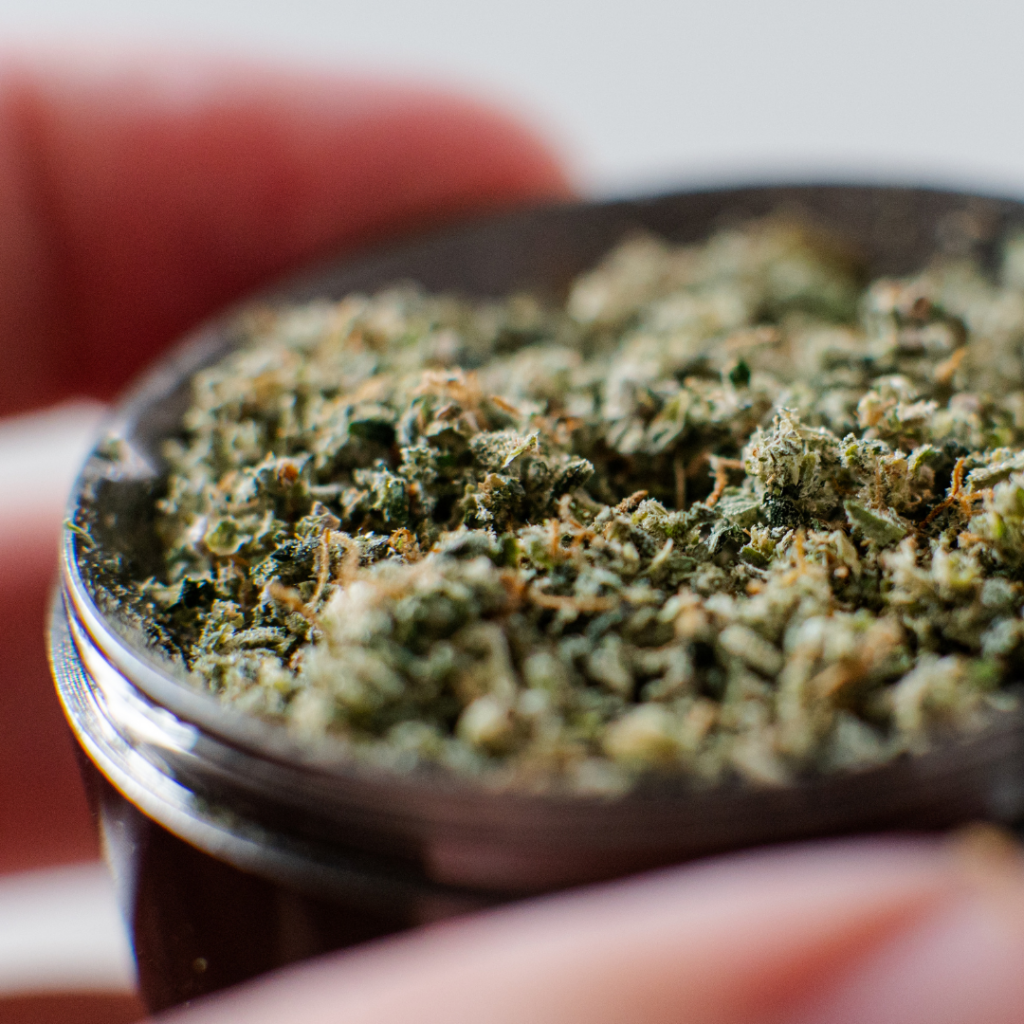
The Impact of Marijuana Legalization
The legalization of marijuana has brought about significant changes in how society views and uses cannabis. Proponents argue that legalization can reduce the harms associated with criminalization, generate tax revenue, and provide better control over product quality and safety.
However, there are also concerns regarding the impact on public health, especially in relation to Cannabis Use Disorder (CUD) and psychosis:
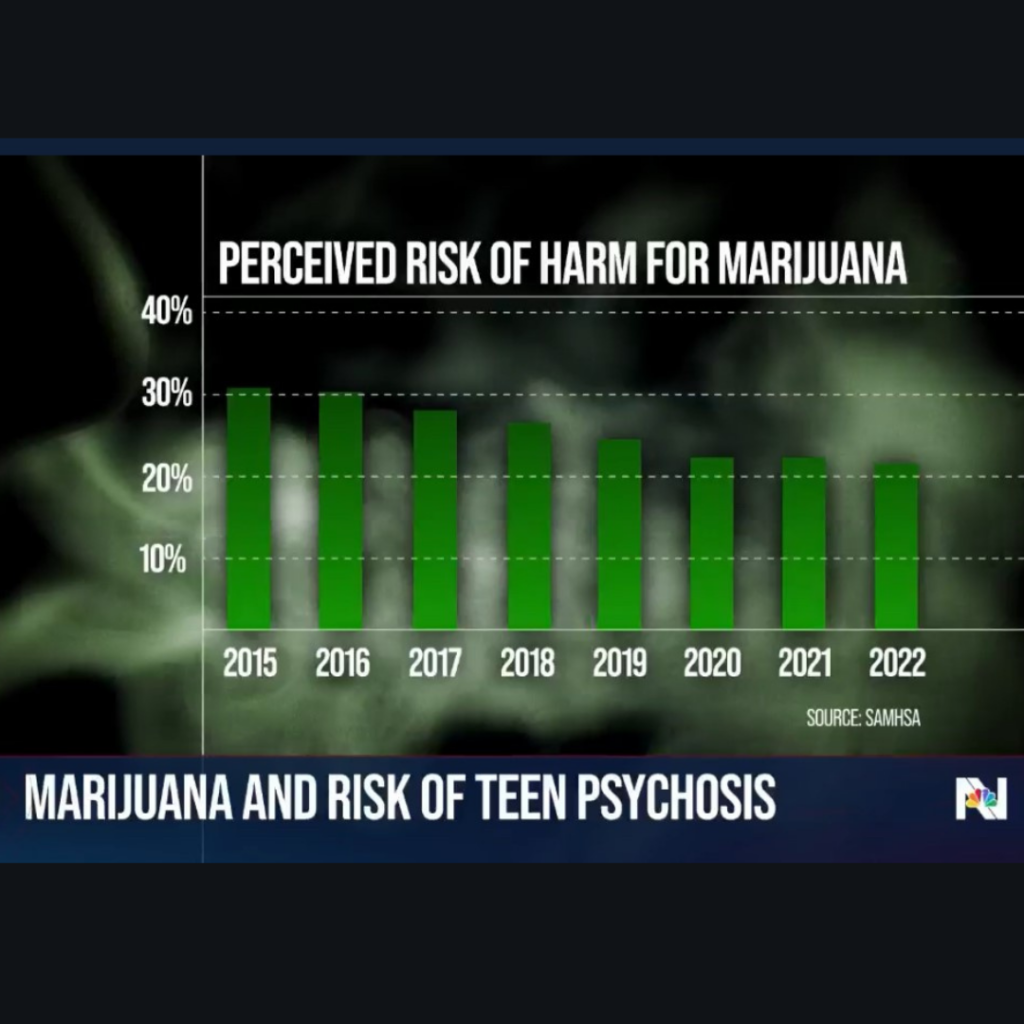
- Increased Accessibility: Legalization generally leads to increased accessibility to cannabis, which can result in more people trying it, including those who might be vulnerable to its negative effects. A recent study showed that nearly one in five Americans aged 12 and older used marijuana in 2021.
- Potency and Product Diversity: Legal markets often offer a wide variety of cannabis products, some with extremely high THC content. The average THC content of cannabis seized by the Drug Enforcement Administration was 15% in 2021, up from 4% in 1995. This can increase the risk of CUD and psychosis, especially among inexperienced users.
- Prevention and Education: Legalization presents an opportunity to inform the public about the potential risks associated with cannabis use and misuse.
- Regulation: Legalization allows for the regulation of the cannabis market, which can include measures to limit the marketing and availability of high-potency products, as well as age restrictions.
Understanding Cannabis Use Disorder
CUD is a condition characterized by problematic cannabis use that leads to clinically significant impairment or distress. Like other substance use disorders, CUD can have a profound effect on an individual’s life, affecting their physical and mental health, relationships, and overall well-being.
Recent studies suggest that more than 16 million meet the criteria for a diagnosis of cannabis use disorder and in 2022, 18 to 25-year-olds accounted for the highest rate of cannabis-related emergency department visits.
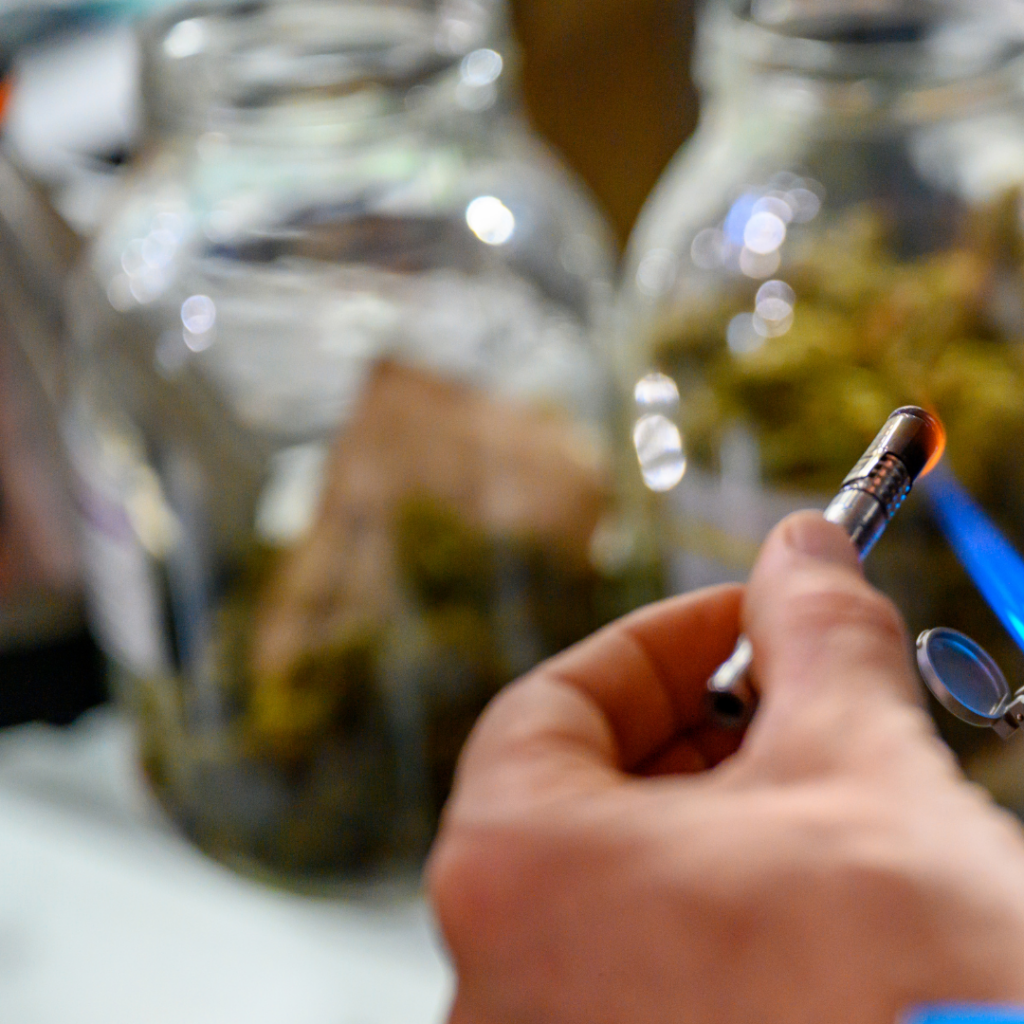
Some common signs and symptoms of CUD include:
- Increased Tolerance: People with CUD often need larger quantities of cannabis to achieve the desired effects, indicating a growing tolerance for the substance
- Withdrawal Symptoms: When not using cannabis, people with CUD may experience withdrawal symptoms like irritability, insomnia, and/or loss of appetite.
- Unsuccessful Attempts to Quit or Moderate: Repeated efforts to cut down or control cannabis use prove to be unsuccessful.
- Neglecting Responsibilities: CUD can lead to a neglect of personal and professional responsibilities, as using marijuana takes precedence.
- Continued Use Despite Harm: Those with CUD may continue to use cannabis despite negative consequences like legal issues, financial problems, damaged relationships, or health concerns.
The Link Between Marijuana Use and Psychosis
While marijuana is often viewed as a relatively harmless recreational drug, some people are susceptible to developing psychosis-related symptoms when they consume it. Several studies have suggested a link between cannabis use and an increased risk of psychosis, especially in teens and young adults, when the brain is still undergoing significant development, and with inexperienced users. Rates of diagnoses for cannabis-induced disorders were more than 50% higher at the end of November of 2023 than in 2019.
Psychosis is a mental state characterized by a disconnect from reality. Research has shown that marijuana use, particularly high-potency strains or concentrates, can increase the risk of experiencing these symptoms, particularly in people with a predisposition to mental health issues.
Symptoms of marijuana psychosis can vary in severity and may include:
- Hallucinations: Users may experience auditory or visual hallucinations, perceiving things that are not actually present.
- Delusions: People may have false beliefs or ideas that are irrational or disconnected from reality.
- Paranoia: Feelings of extreme distrust, fear, or suspicion towards others can be common.
- Disorganized Thinking: Thoughts may become fragmented, making it difficult to communicate or maintain a logical thought process.
- Impaired Cognition: Difficulty concentrating, remembering things, or making decisions.
- Agitation and Anxiety: Restlessness and heightened anxiety levels are often present.
- Mood Swings: Sudden and intense shifts in mood, from euphoria to depression.
- Impaired Social Functioning: Difficulty interacting with others and maintaining social relationships.
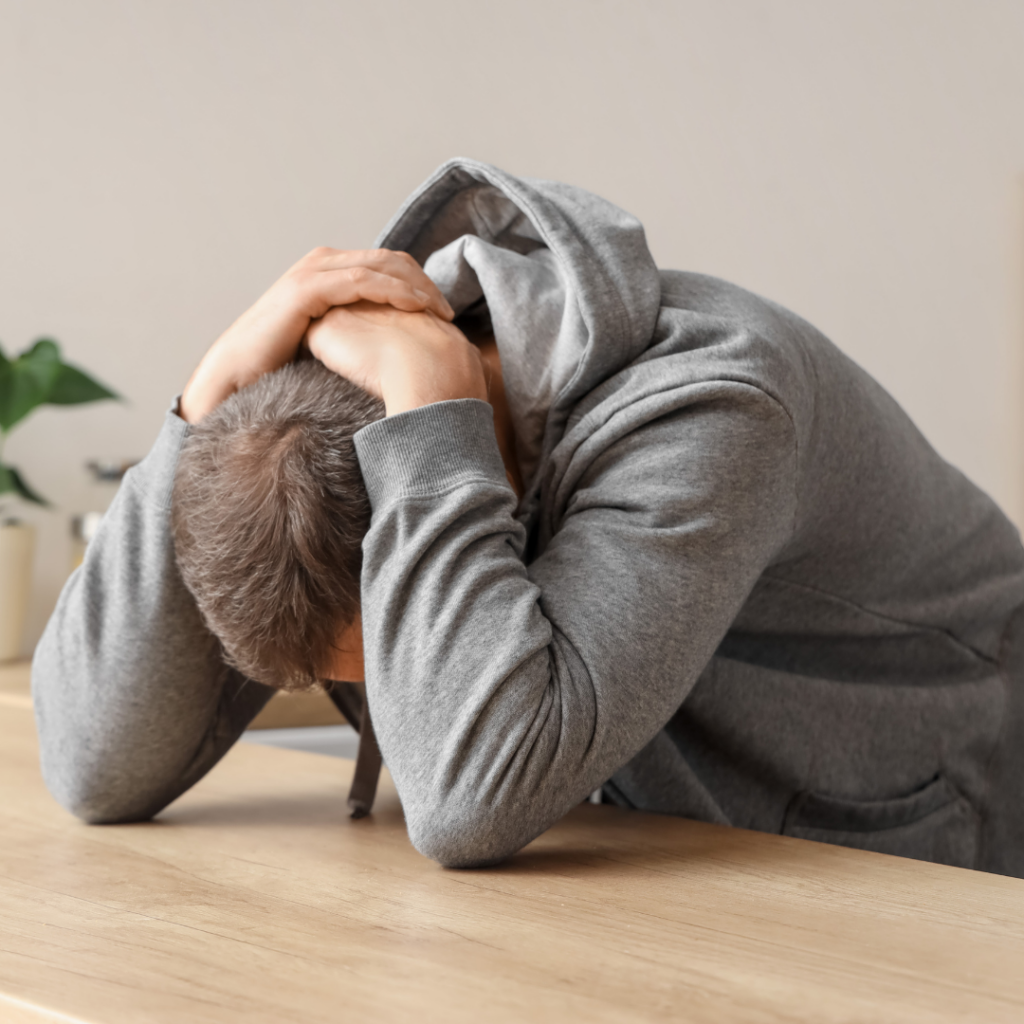
Treatment for Cannabis Use Disorder
Treatment for CUD typically involves a multifaceted approach that combines behavioral therapy, counseling, and lifestyle changes. The primary goal of treatment is to help reduce or eliminate cannabis use.
- Behavioral therapies, such as cognitive-behavioral therapy (CBT), are often employed to assist individuals in recognizing and modifying the thoughts and behaviors that contribute to their cannabis use. CBT helps to identify triggers for use and develop strategies to manage cravings and avoid relapse.
- Relapse Prevention: Holistic recovery equips individuals with a diverse set of tools and strategies to help prevent relapse. If relapse should occur, individuals who address the root causes of SUD, stay involved in a supportive community, and continue to nurture the complex mind, body, and spirit connection have much greater success getting back on track and continuing on the path of lasting sobriety and meaningful, long-term recovery.
- Counseling can be instrumental in the treatment of cannabis use disorder. Individual or group counseling sessions provide a safe space for people to explore underlying causes of their cannabis use, work through any co-occurring mental health issues, and develop strategies for maintaining long-term abstinence.
- Support groups such Marijuana Anonymous (MA), offer peer support and a sense of community for those recovering from CUD.
The legalization of marijuana has changed the landscape of cannabis use, raising important questions about public health and safety. While cannabis can offer therapeutic benefits for some, it’s crucial to acknowledge the risks, especially concerning Cannabis Use Disorder and psychosis.
As we navigate this new era of cannabis legalization, it is imperative that individuals, healthcare professionals, and policymakers work together to strike a balance between access and safety. Responsible cannabis use, public education, and thoughtful regulation will ultimately lead to a healthier and more informed society.
About Herren Wellness
Herren Wellness is a thriving community of people at all stages in their recovery journey. We introduce holistic therapies and strategies centered around emotional, physical, and spiritual wellness, in addition to life coaching sessions, family support and an individualized wellness plan to provide a solid foundation in recovery from alcohol and substance use.
We believe that staying connected and community has a lasting impact on recovery, and encourage all alumni to participate in our weekly alumni meetings, seasonal events and annual retreat. Your connection to Herren Wellness doesn’t end when your stay ends; we are there for you throughout your recovery journey.

If you, or a loved one, are looking for help, please call us at (844) 443-7736, email us at info@herrenwellness.com, or fill out a contact form. It is never too early or to late to seek help for substance use at any stage.


